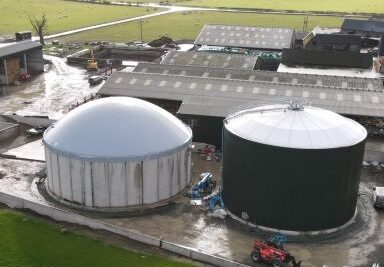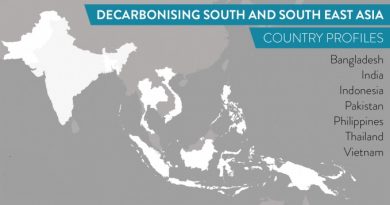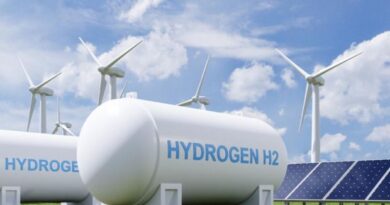Mira Bhayandar biogas plants begin power generation

The Mira Bhayandar Municipal Corporation (MBMC) is now seeking official approval from the Maharashtra Electricity Commission (MERC) for a standardized tariff structure for the electricity produced by the biogas plants that it has. The civil body has already successfully put four out of the seven biogas plants into operations.
Currently, four of the proposed biogas plants are operational in various locations within the twin-city. These plants collectively recycle about 50 tonnes of wet garbage per day (TPD) and generating 275 kilovolt-amps (kVA) of electricity from 100 percent segregated waste input.
The combined recycling capacity of all seven biogas facilities is estimated at 100 TPD, generating 575 kVA of electricity. MBMC has embraced the technology developed by the Bhabha Atomic Research Centre (BARC), which has demonstrated promising potential for energy generation through bio-methanation, facilitating eco-friendly disposal of wet waste.
The organic waste is decomposed within the plant and converted into methane, subsequently utilized to generate electricity through a generator.
As per the reports, these biogas plants are integral to the strategy of decentralizing waste management, not only significantly reducing the volume of wet waste transported to centralized processing facilities but also promoting sustainable energy solutions.
Currently, the generated energy is utilized to meet the power requirements of the four operational bigoas plants. Pending approval from MERC, surplus energy can be fed into the service provider’s grid in exchange for credits, offsetting future power consumption costs across other MBMC administrative units under a gross metering model.
Furthermore, decentralization efforts will lead to fuel savings by minimizing transportation costs, with fewer truck trips required to transport 100 TPD of waste over a distance of approximately 9 kilometers to the processing plant in Uttan. Each truck carries 3 tons of waste, necessitating around 33 trips to handle 100 TPD. In addition to the 550 tonnes of municipal waste, the twin-city generates over 10 tonnes of industrial and biomedical waste.




